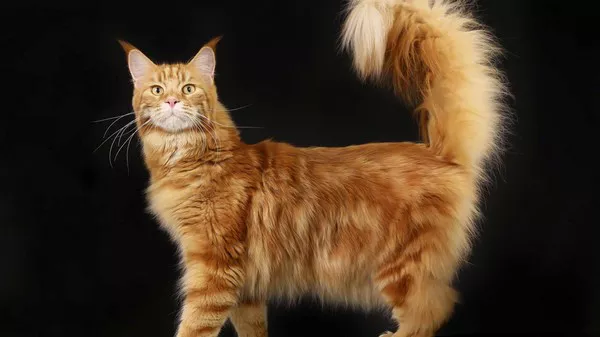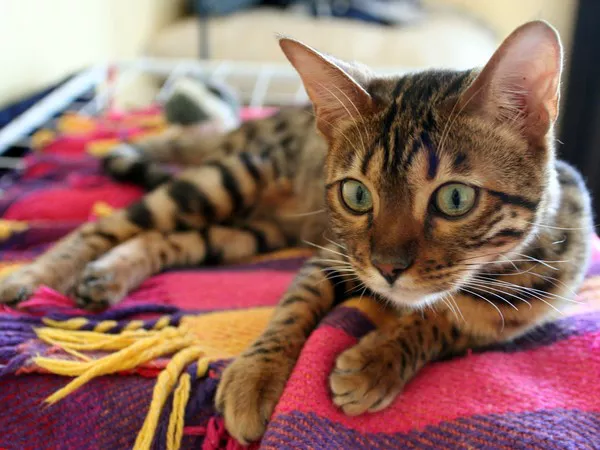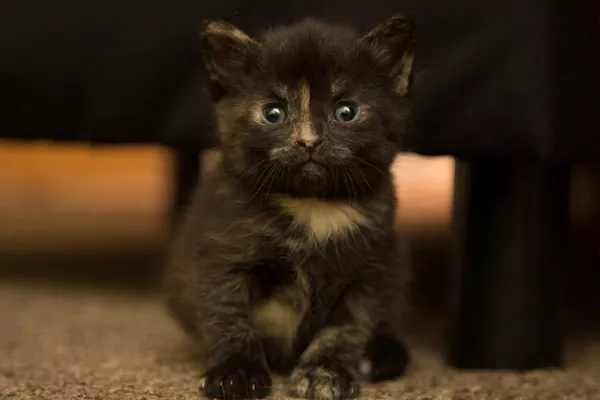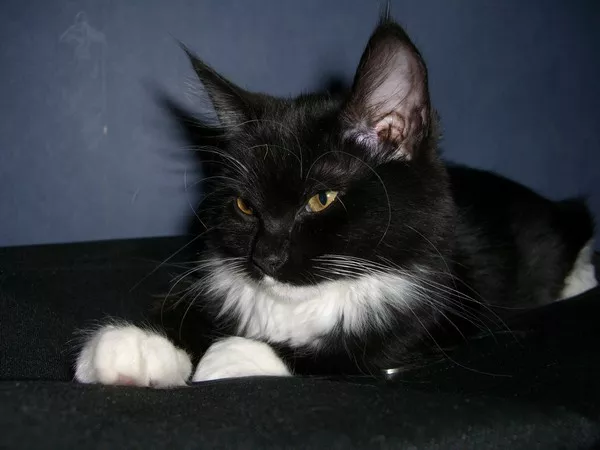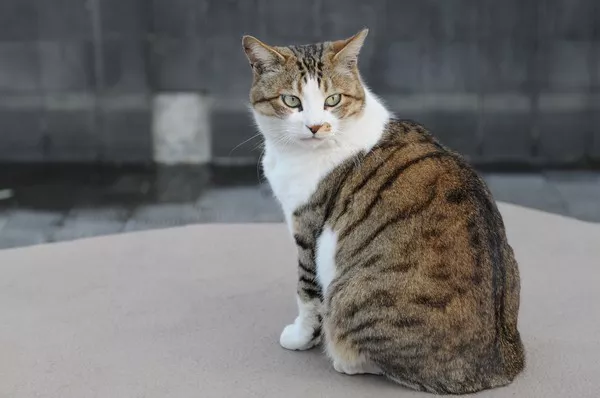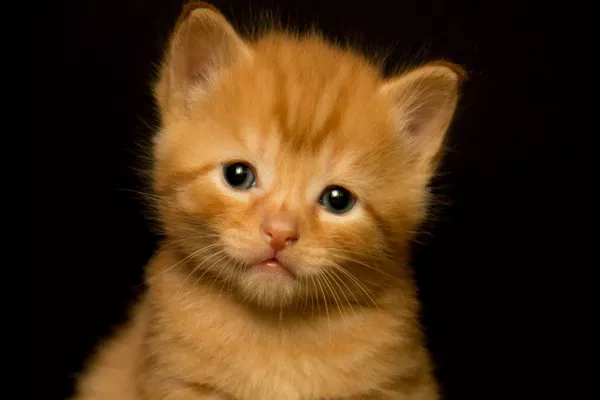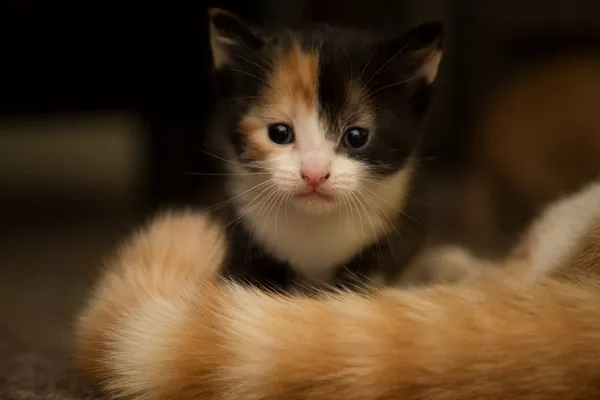Maine Coon cats are known for their impressive size, striking appearance, and gentle nature. As one of the largest domesticated cat breeds, they have gained popularity among cat enthusiasts around the world. However, determining the cost of a Maine Coon cat can be influenced by various factors such as lineage, pedigree, age, and location. In this article, we will delve into the average pricing range for Maine Coon cats, explore the factors that affect their price, and offer insights into responsible adoption.
1. Understanding the Maine Coon Breed:
The Maine Coon breed originated in the United States and is characterized by their large size, tufted ears, bushy tails, and distinctive facial features. These cats have a friendly and sociable nature, often referred to as “gentle giants.” Their appealing personality traits, coupled with their unique physical attributes, contribute to their desirability and influence their price.
2. Average Pricing Range:
The cost of a Maine Coon cat can vary significantly depending on several factors. On average, you can expect to pay anywhere between $800 to $1,500 for a pet-quality Maine Coon kitten from a reputable breeder. The price range may increase if you are looking for a show-quality or breeding-quality Maine Coon cat. It’s important to note that these figures are estimates and can vary based on geographic location and individual breeder practices.
3. Factors Affecting Maine Coon Cat Prices:
Several factors influence the pricing of Maine Coon cats. These include:
Pedigree and Lineage: Maine Coon cats with impeccable pedigrees and show-winning bloodlines tend to command higher prices. Breeding cats with exceptional lineage require significant investments in terms of time, effort, and resources, leading to an increase in their overall price.
Gender: In some cases, male Maine Coon cats are priced higher than females due to their larger size and potential for breeding.
Coat Color and Pattern: Unique coat colors and patterns, such as rare solid white or tortoiseshell variations, can affect the price of a Maine Coon cat. These distinct coat variations are often sought after by enthusiasts, contributing to a higher price tag.
Age: Maine Coon cats that have reached adulthood may be available at a lower cost compared to kittens. This is because breeders typically charge more for kittens due to the care and investment involved in their early development.
Breeder’s Reputation and Practices: Reputable breeders who prioritize the health, temperament, and overall well-being of their Maine Coon cats may charge higher prices. Responsible breeders invest in genetic testing, provide proper healthcare, and ensure appropriate socialization, resulting in higher-quality cats with defined breed characteristics.
4. Additional Costs to Consider:
When acquiring a Maine Coon cat, it’s essential to consider additional costs beyond the initial purchase price. These may include:
Veterinary Care: Regular veterinary check-ups, vaccinations, spaying/neutering, and preventive treatments are necessary for maintaining your Maine Coon cat’s health. These costs should be factored into your budget.
Supplies and Accessories: Providing the necessary supplies and accessories such as litter boxes, scratching posts, bedding, toys, and food bowls will incur additional expenses.
Grooming: Maine Coon cats have long, dense fur that requires regular grooming to prevent matting and maintain coat health. Budgeting for grooming tools and occasional professional grooming sessions is recommended.
Food and Nutrition: High-quality cat food tailored to meet the nutritional needs of Maine Coon cats is important for their overall well-being. Allocating funds for nutritious food is crucial for maintaining their health.
5. Responsible Adoption Options:
While purchasing a Maine Coon cat from a reputable breeder is one option, it’s also worth considering adoption from rescue organizations or shelters. These organizations often have Maine Coon mixes or purebred Maine Coon cats available for adoption at a lower cost compared to purchasing from a breeder. Additionally, adopting a cat in need provides a loving home and supports animal welfare initiatives.
Conclusion:
Maine Coon cats are captivating companions with their size, striking features, and gentle temperament. The cost of a Maine Coon cat can vary based on factors such as lineage, pedigree, age, and location. Researching reputable breeders, understanding the factors that influence pricing, and accounting for additional expenses such as veterinary care, supplies, and grooming will help you make an informed decision. Alternatively, exploring adoption options from rescue organizations or shelters can provide an opportunity to welcome a Maine Coon cat into your home while supporting animal welfare efforts. By considering both financial aspects and responsible ownership, prospective owners can navigate the process of acquiring a Maine Coon cat effectively.

